Our work in human-centered computing explores and enhances the ways in which people and communities engage with and experience technology.
Our research considers the personal, educational, cultural, and ethical implications of innovation. Drawing upon techniques from human-computer interaction, learning sciences, sensing and more, we aim to maximize the potential benefits of technology while minimizing potential harms to individuals, groups and society.
Groups & Labs
Accessible Accordion
Areas of Expertise
Societal Impact
Results will appear in alphabetical order.

Animation Research Labs (ARL)
The interdisciplinary ARL advances the state of the art in animation through research, teaching, and computer-animated production.

Behavioral Data Science Group
The Behavioral Data Science Group leverages large-scale behavioral data to extract actionable insights about our lives, health and happiness by combining techniques from data science, social network analysis, and natural language processing.
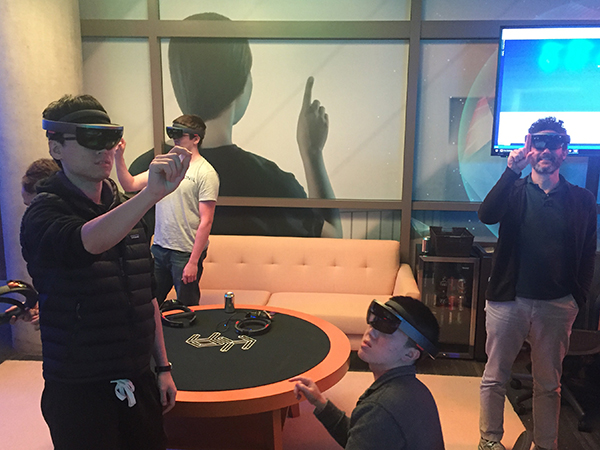
Graphics & Imaging Lab (GRAIL)
The work of the Graphics & Imaging Laboratory spans computer graphics, computer vision, generative AI, computational photography, virtual reality, animation and games.
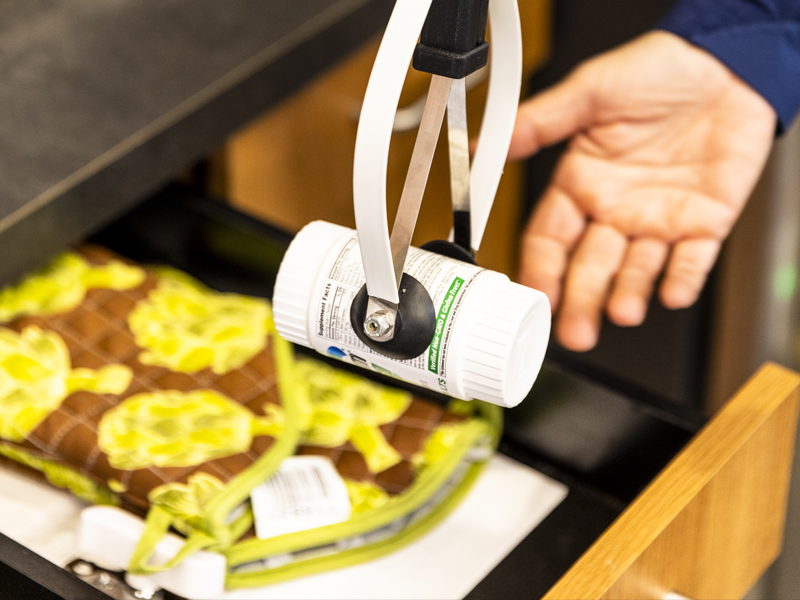
Human-Centered Robotics Lab
In the Human-Centered Robotics lab we aim to develop robotics that are useful and usable for future users of task-oriented robots.
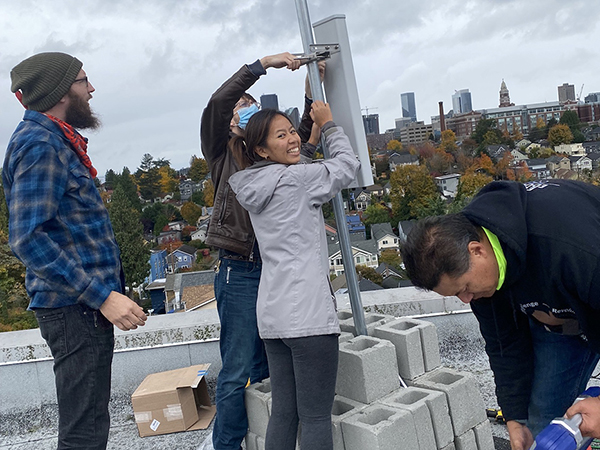
Information and Communication Technology for Development (ICTD) Lab
The ICTD Lab explores how technology can improve the lives of underserved populations in low-income regions through research spanning HCI, systems, communication and data analytics.

Interactive Data Lab
The Interactive Data Lab aims to enhance people’s ability to understand and communicate data through the design of new interactive systems for data visualization and analysis.
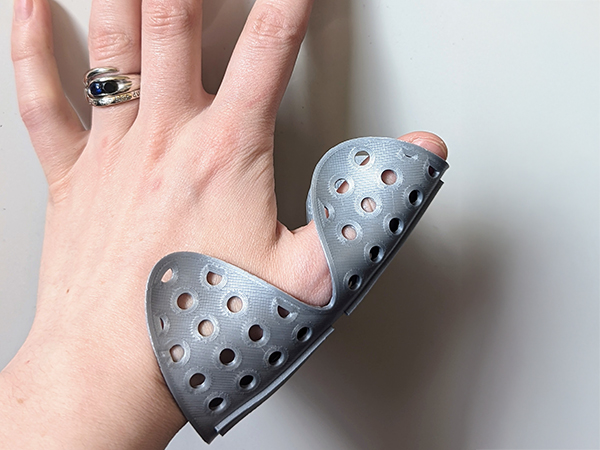
Make4all Group
Make4all Group creates solutions that empower people with disabilities to accomplish their goals, applying technologies such as 3D printing, knitting and other fabrication technologies to improve inclusion in and accessibility of our digital future.
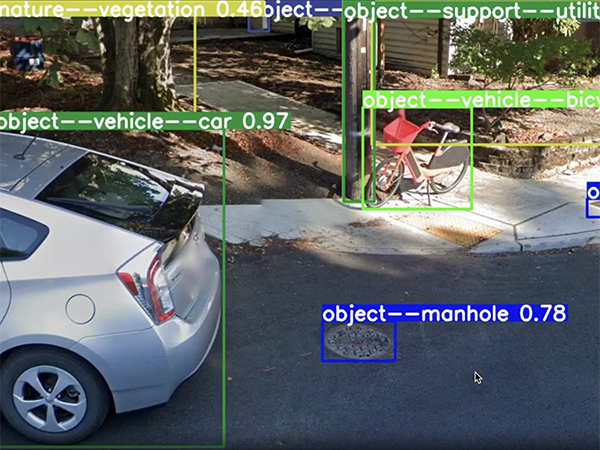
Makeability Lab
The Makeability Lab specializes in Human-Computer Interaction and applied machine learning for high-impact problems in accessibility, computational urban science, and augmented reality.
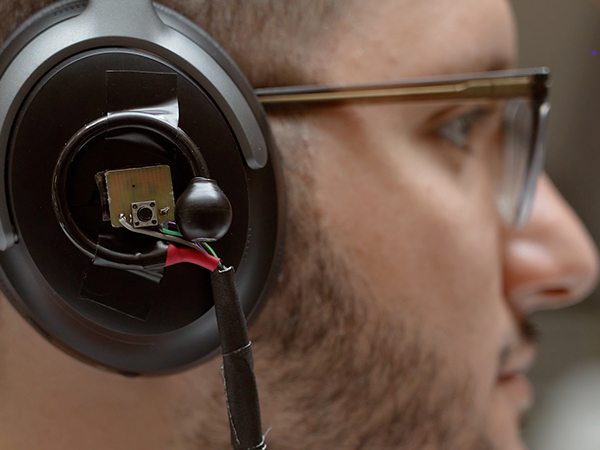
Mobile Intelligence Lab
The interdisciplinary Mobile Intelligence Lab builds intelligent systems and tools for tackling hard technical and societal problems, including battery-free computing, medical diagnostics, augmented human perception and more.

Security and Privacy Research Lab
The Security and Privacy Research Lab works on a variety of topics, ranging from studying and addressing security and privacy risks in existing technologies, to anticipating future risks in emerging technologies.
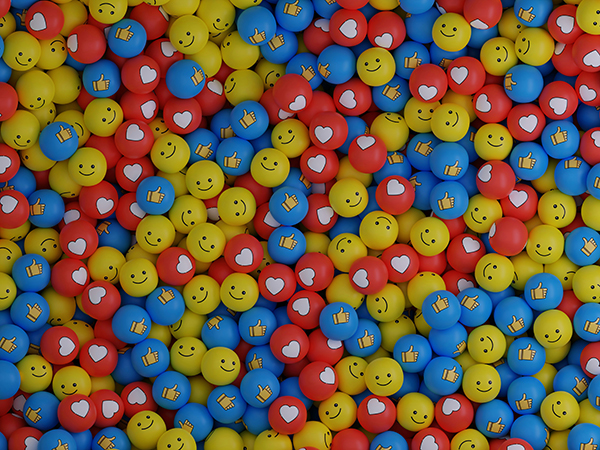
Social Futures Lab
Researchers in the Social Futures Lab are reimagining social and collaborative systems to empower people and improve society.
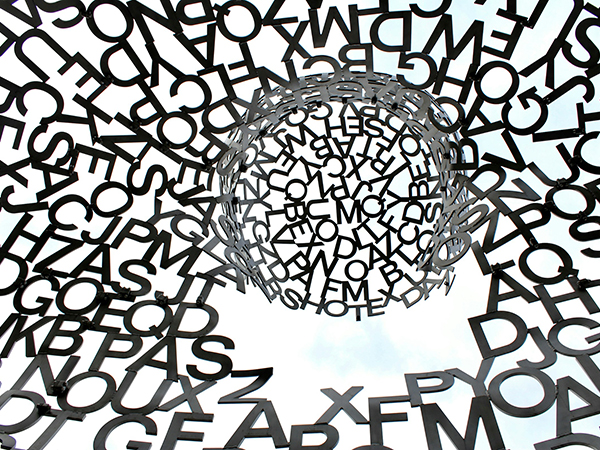
Tsvetshop
Tsvetshop researchers aim to develop practical solutions to natural language processing problems that combine sophisticated learning and modeling methods with insights into human languages and the people who speak them.
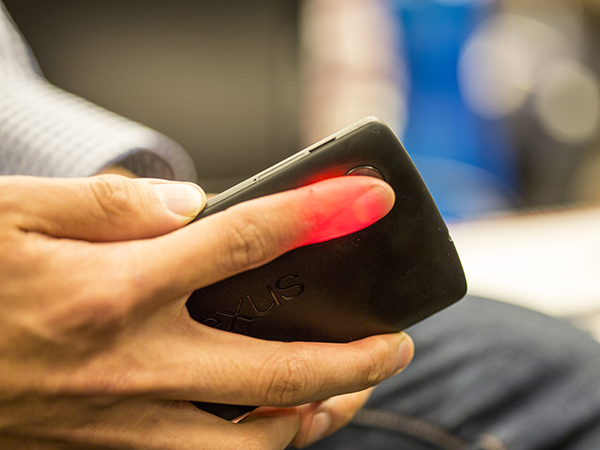
UbiComp Lab
The Ubiquitous Computing (UbiComp) Lab develops innovative systems for health sensing, low-power sensing, energy sensing, activity recognition and novel user interface technology for real-world applications.
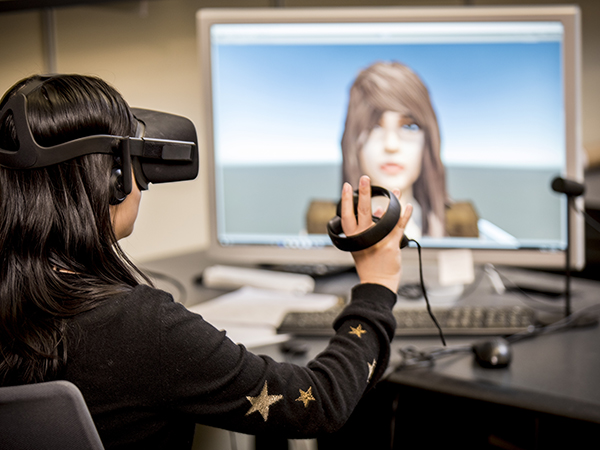
UW Reality Lab
The UW Reality Lab advances the state of the art in virtual and augmented reality by developing new technologies and applications, educating the next generation of researchers and technologists, and supporting robust collaborations with industry.

Wildlab
The Wildlab explores how technology can be biased against people who are unlike those who created it — and to build systems that help designers, developers, and researchers better support the needs and perspectives of different people.
Highlights
Oregon Public Broadcasting
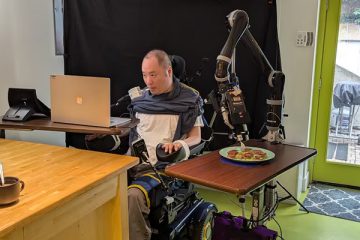
The lived experiences of people with disabilities are often ignored in the development of new technologies, but that’s not the case with the Allen School’s ADA project. Community researcher Jonathan Ko joined recent Ph.D. alum Amal Nanavati to discuss their collaboration.
UW News
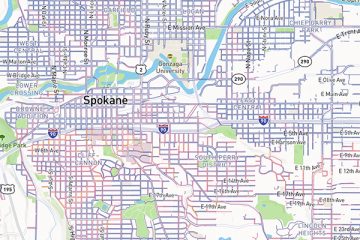
The Taskar Center for Accessible Technology created the first statewide data set enabling communities across Washington to map pedestrian infrastructure and transit access — which paves the way for exploring other questions such as access to schools, grocery stores and health care.
UW Aeronautics & Astronautics
Department of Aeronautics & Astronautics researchers teamed up with Taskar Center Director Anat Caspi and computer engineering major Marc Alwan to explore how eye-tracking can help autonomous systems adapt their interactions to individual users’ comfort and safety preferences.
